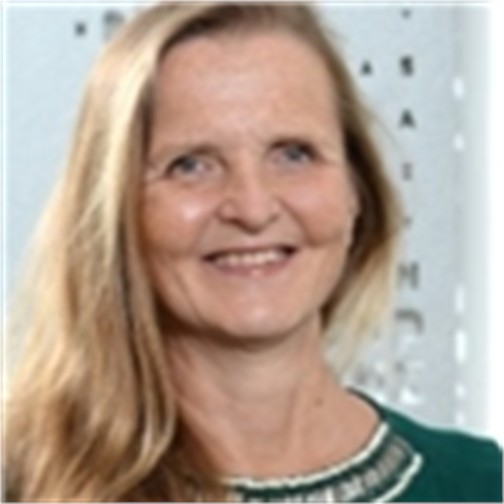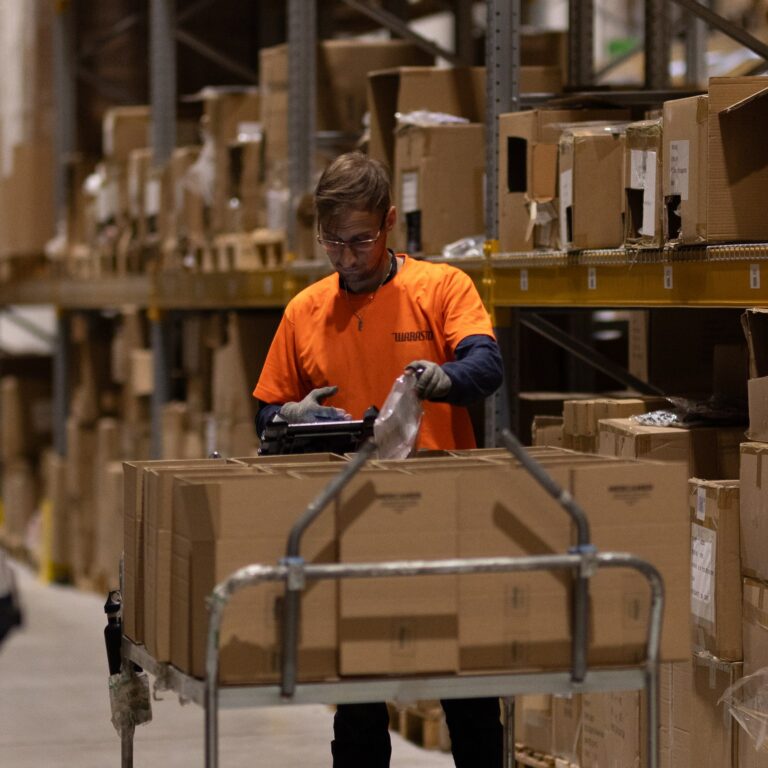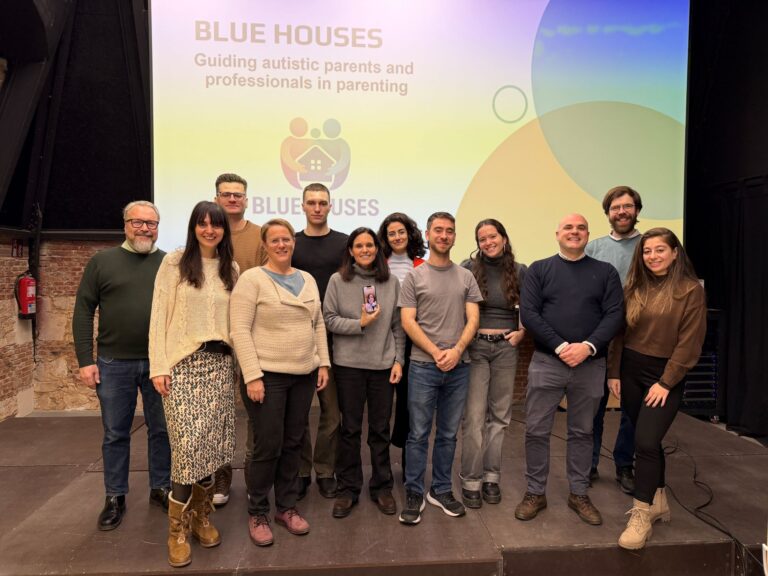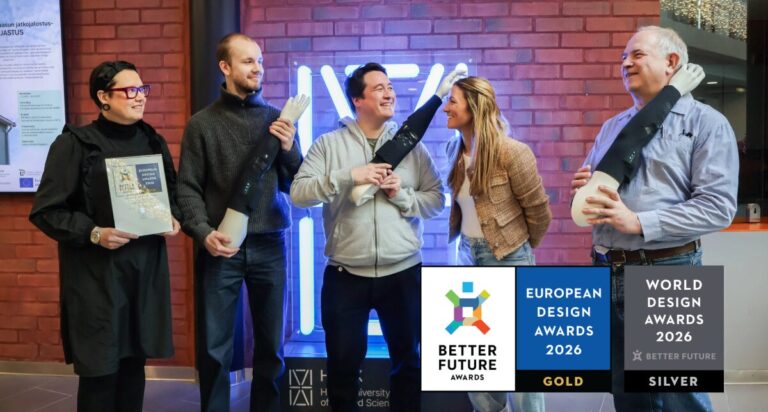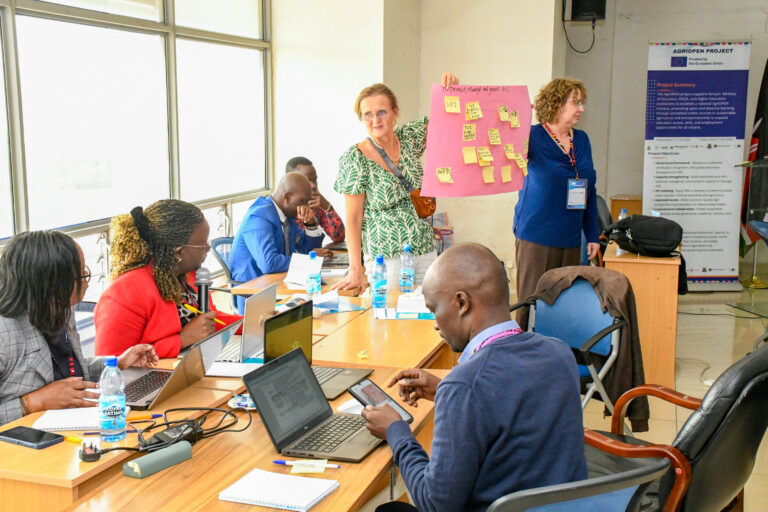Exemplary rated Forest21 project successfully supported in strengthening the capacity of Forestry Higher Education in South Africa
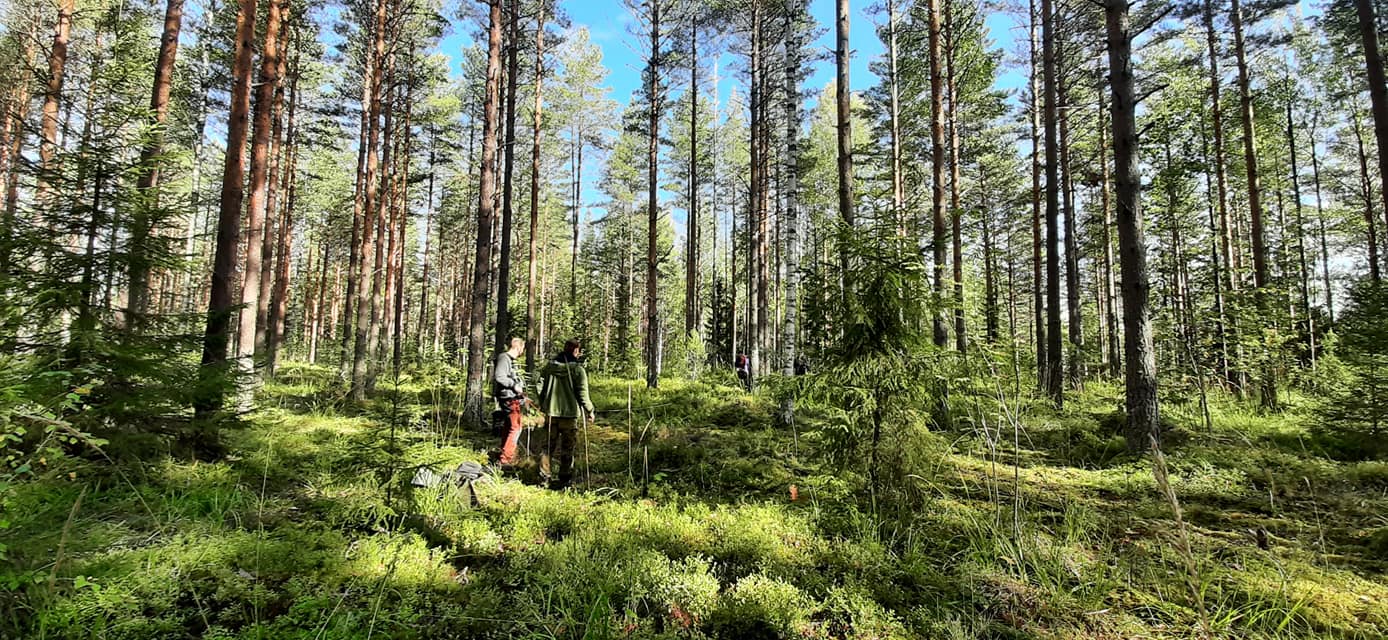

The forestry industry is very significant for the economy of South Africa. Promoting climate-smart forestry and entrepreneurial innovation in forestry education has the potential to lead to job creation and mitigate the effects of climate change. In the project Forest21, implemented in 2020-2024, we successfully strengthened the industry’s competence by developing the skills of current and future stakeholders, focusing particularly on higher education teachers. The European Union evaluated the project as exemplary.
In the project 21st Century Climate-Smart Forestry Education for Livelihood and Sustainability in South Africa (Forest21) we revised the curriculum by incorporating Climate Smart Forestry concepts as well as studies supporting entrepreneurial skills and metacognitive competences. Our goal was to make teaching more student-centered.
We also supported the creation of collaborative learning network linking South African education institutions, society and industry partners. This network will continue working on developing pedagogy, renewing curricula and sharing knowledge through both national and international partnerships.
At the heart of the project were problem-based learning (PBL) methods and student-centered teaching. Students were given real forestry business challenges by companies, which they solved in multinational teams composed of students from several institutions. In this way, South African partners managed to build on their existing close collaboration with the industry sector. The project also helped teachers and administrative staff discover new ways to make teaching more practical and in line with the local context.
The project’s impact will live on
The project benefited a wide array of people from staff members and students at both HAMK and partner universities. A total of 15 HAMK students, mostly from the Sustainable Forest Management Degree programme, joined in challenges and fieldwork conducted in South Africa. The students worked for example on designing new business models for the development and revitalization of State plantations. Altogether, over 100 staff members and 300 students received training through project training programmes, workshops, and industry challenge activities.
In addition, we developed a climate-smart forestry learning platform, which was handed over to Nelson Mandela University for upkeep. The learning platform contains extensive materials for forestry education for both staff and students. To support the work carried out in the project, we also prepared a practical handbook on problem-based learning and integrating entrepreneurship into curricula.
The project was implemented in collaboration with Fort Cox University of Agriculture and Forestry, Stellenbosch University, Tshwane University of Technology, Nelson Mandela University, University of Venda and Inland Norway University
At the end of the project, consortium members were impressed by the benefits it brought and expressed their commitment to continue collaborating and to further develop the skills and networks gained through the project.
The project was funded by the European Union.
Overview
Name: 21st Century Climate-Smart Forestry Education for Livelihood and Sustainability in South Africa (Forest21)
Duration: 1/2021–1/2024
Partners: Häme University of Applied Sciences, Finland (coordinator); Aalto University, Finland; Inland Norway University of Applied Sciences, Norway; Fort Cox Agriculture and Forestry Training Institute, South Africa; Nelson Mandela University, South Africa; Stellenbosch University, South Africa; Tshwane University of Technology, South Africa; University of Venda, South Africa
Funding: Erasmus+ Capacity Building in Higher Education; Education, Audiovisual and Culture Executive Agency (EACEA)
Further information:
